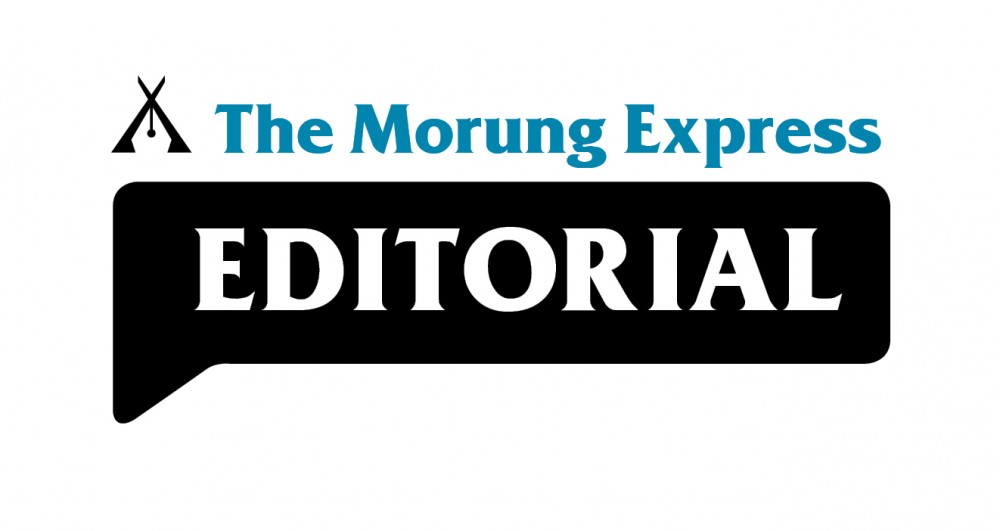
Dr Asangba Tzudir
Of the many pressing concerns confronting Nagaland today is the issue of economic inequality. The growing disparity between the rich and the poor where wealth is being concentrated in the hands of a few has become a defining feature of the economic order in the state.
Inequalities of development in the State have been a subject of much debate which finds tied within the politics of development and prioritization. For instance, with the creation of three new districts, the Yimkhiung Tribal Council has also heightened the agitation in their demand for upgradation of Shamator District. It is not just an issue of inequalities of development but one the concerns human rights.
The landscape of development should be viewed not from developmental politics but from human rights perspective in consideration of the growing economic inequalities. Development and inequalities are intricately related so much so that with deepening economic inequalities, it only poses a serious threat to human rights and consequent human rights violations, and disgruntled voices are only going to get louder from various corners.
While it is difficult to discuss the level of economic inequality vis-a-vis the human rights fulfilment, there is need for structuring a strong normative framework in order to address the various inequalities while creating remedial measures for the consequences that would follow.
Such a framework need to address questions of resource distribution by taking into account the available resources so as to ensure a progressive fulfilment while also guarantee at least a moral minimum of human rights enjoyment without discrimination or exclusion. Discrimination and exclusion lie at the heart of the politics of development. With more deprivation, within the rising concentration of wealth demand for an answer will only get stronger.
The framework also needs to see that the norms of equality and non-discrimination call for re-distribution of resources in order to bridge the disparities. Further, the framework should concretise the various human rights standards which contain a lot of provisions for determining economic inequality.
The framework thus needs to be clustered within the normative foundation of the ‘Right to development’ which seeks to erase wealth disparities and in turn try to promote human rights, and thereby foster mutual respects among the people.
The lack of a social order is a symptom of the growing economic inequalities and of developmental disparity. As such the maintenance of social order poses as a challenge towards building an economically stable and equitable society. While economic inequality is a phenomenon which cannot be totally erased, realising the implications of economic inequalities it has on human rights, it is time for the state Government to build a strong normative framework towards building an economically robust and an equitable society.
(Dr Asangba Tzudir contributes a weekly guest editorial to The Morung Express. Comments can be emailed to asangtz@gmail.com)






